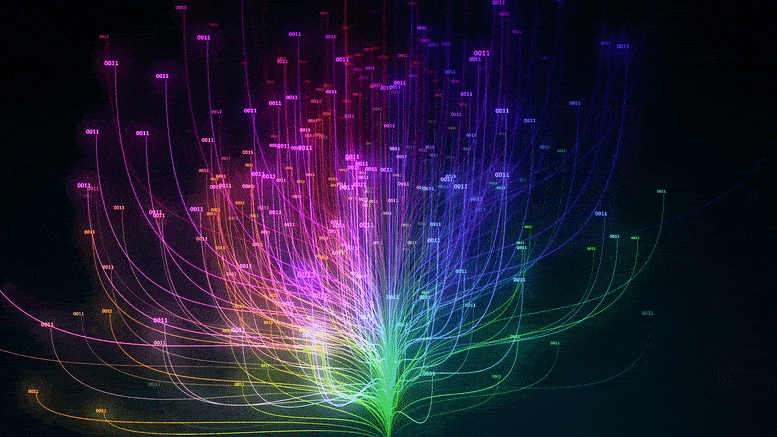
Inside every cell, thousands of different proteins form the machinery that keeps all living things — from humans and plants to microscopic bacteria — alive and well. Almost all diseases, including cancer, dementia and even infectious diseases such as COVID-19, are related to the way these proteins function. Because each protein’s function is directly related to its three-dimensional shape, scientists around the world have strived for half a century to find an accurate and fast method to enable them to discover the shape of any protein.
Today (Monday) researchers at the 14th Community Wide Experiment on the Critical Assessment of Techniques for Protein Structure Prediction (CASP14) will announce that an artificial intelligence (AI) solution to the challenge has been found.
Building on the work of hundreds of researchers across the globe, an AI program called AlphaFold, created by London-based AI lab DeepMind, has proved capable of determining the shape of many proteins. It has done so to a level of accuracy comparable to that achieved with expensive and time-consuming lab experiments.
CASP14 is organized by Dr. John Moult (chair), University of Maryland, USA; Dr. Krzysztof Fidelis, UC Davis, USA; Dr. Andriy Kryshtafovych, UC Davis, USA; Dr Torsten Schwede, University of Basel and SIB Swiss Institute of Bioinformatics, Switzerland; and Dr. Maya Topf, Birkbeck, University of London, UK and CSSB (HPI and UKE) Hamburg, Germany.
Dr. Moult said: “Proteins are extremely complicated molecules, and their precise three-dimensional structure is key to the many roles they perform, for example the insulin that regulates sugar levels in our blood and the antibodies that help us fight infections. Even tiny rearrangements of these vital molecules can have catastrophic effects on our health, so one of the most efficient ways to understand disease and find new treatments is to study the proteins involved.
“There are tens of thousands of human proteins and many billions in other species, including bacteria and viruses, but working out the shape of just one requires expensive equipment and can take years.
“Nearly 50 years ago, Christian Anfinsen was awarded a Nobel Prize for showing that it should be possible to determine the shape of proteins based on their sequence of